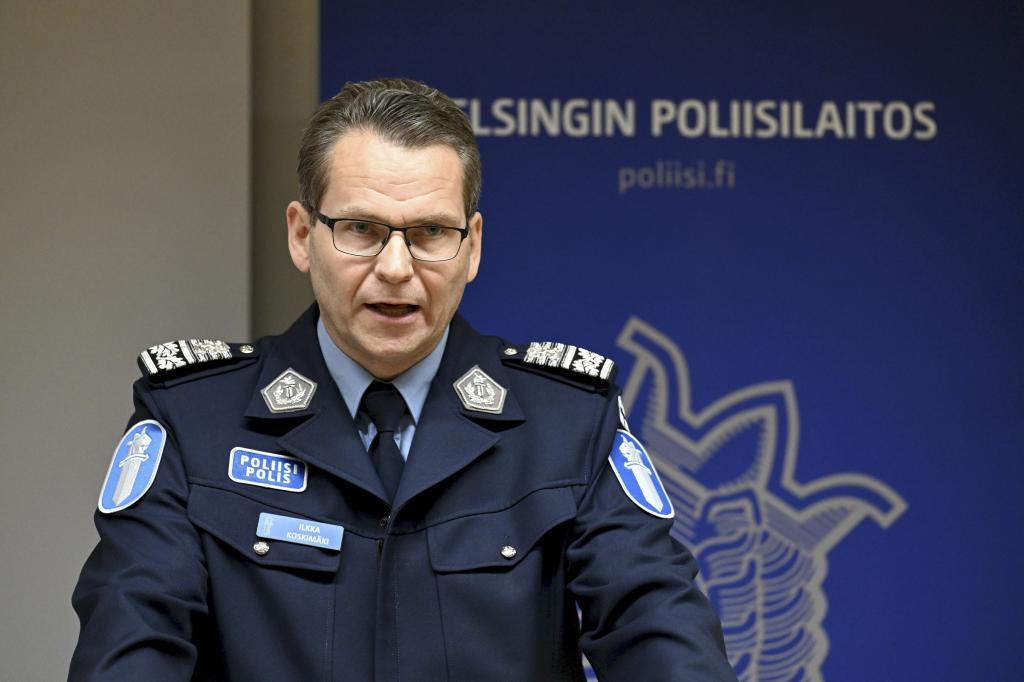Finnish authorities have detained a Russia-linked ship as they investigate whether it damaged a Baltic Sea power cable and several data cables, according to police and news media reports, in the latest incident involving disruption of key infrastructure.
Finnish police and border guards boarded the vessel, the Eagle S, just past midnight Thursday and took over the command bridge, Helsinki Police Chief Jari Liukku said at a news conference. The vessel was intercepted in Finland's exclusive economic zone and taken to Finnish territorial waters, police said.
The Eagle S is flagged in the Cook Islands but was described by Finnish customs officials as a suspected part of Russia's shadow fleet of fuel tankers, Yle television reported. Those are aging vessels with obscure ownership, acquired to evade Western sanctions over the war against Ukraine and operating without Western-regulated insurance.
The Eagle S's anchor is suspected of causing damage to the cable, Yle reported, relying on police statements.
The Estlink-2 power cable, which brings electricity from Finland to Estonia across the Baltic Sea, went down just after noon on Wednesday. The incident follows damage to two data cables and the Nord Stream gas pipelines, both of which have been termed sabotage.
The Estonian government was holding a extraordinary meeting on the issue Thursday, Prime Minister Kristen Michal said on X.
Two data cables — one running between Finland and Germany and the other between Lithuania and Sweden — were severed in November. Germany's defense minister said officials had to assume the incident was "sabotage," but he did not provide evidence or say who might have been responsible. The remark came during a speech in which he discussed hybrid warfare threats from Russia.
The Nord Stream pipelines that once brought natural gas from Russia to Germany were damaged by underwater explosions in September 2022. Authorities have said the cause was sabotage and launched criminal probes.
Estonian network operator Elering says there was enough spare capacity to meet power needs on the Estonian side, public broadcaster ERR said on its website.
